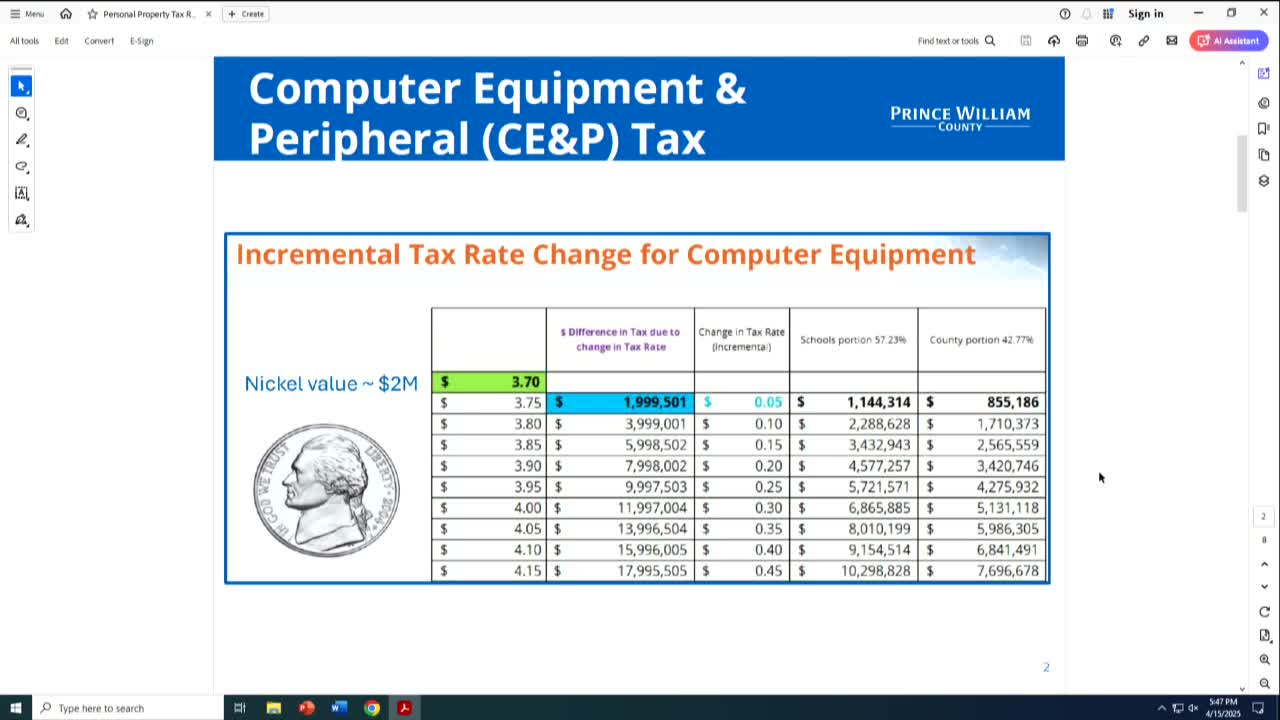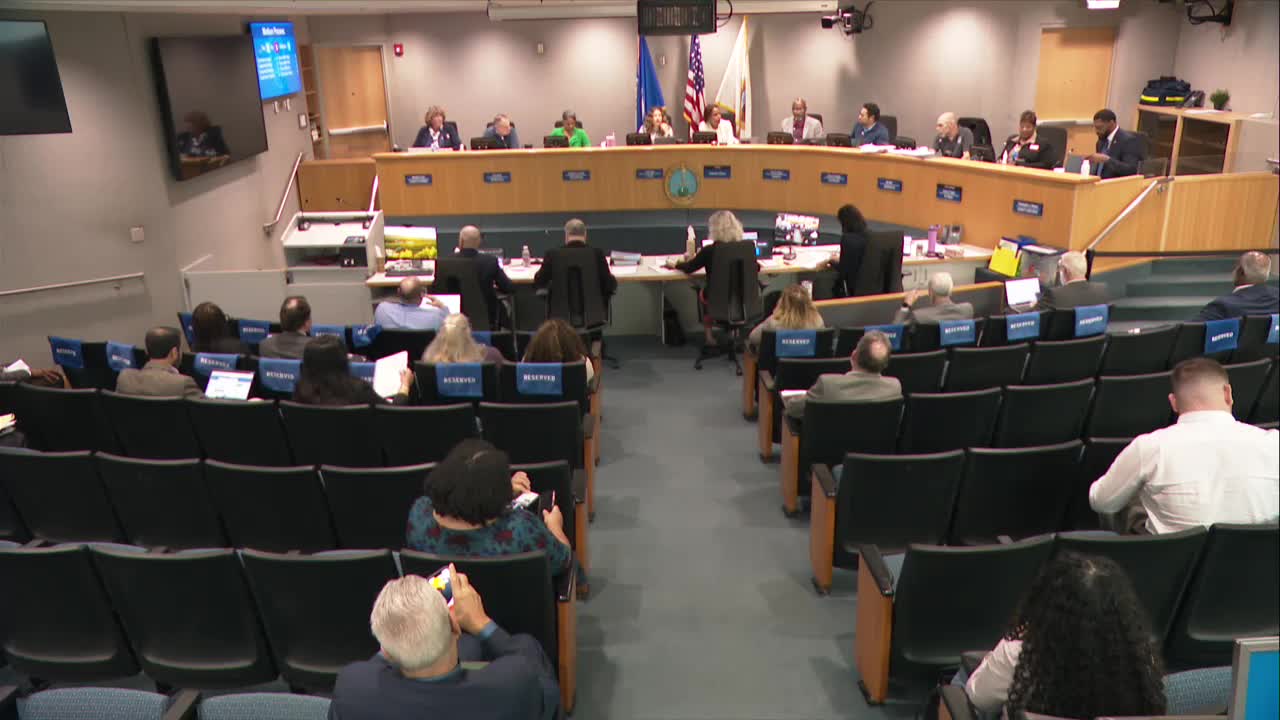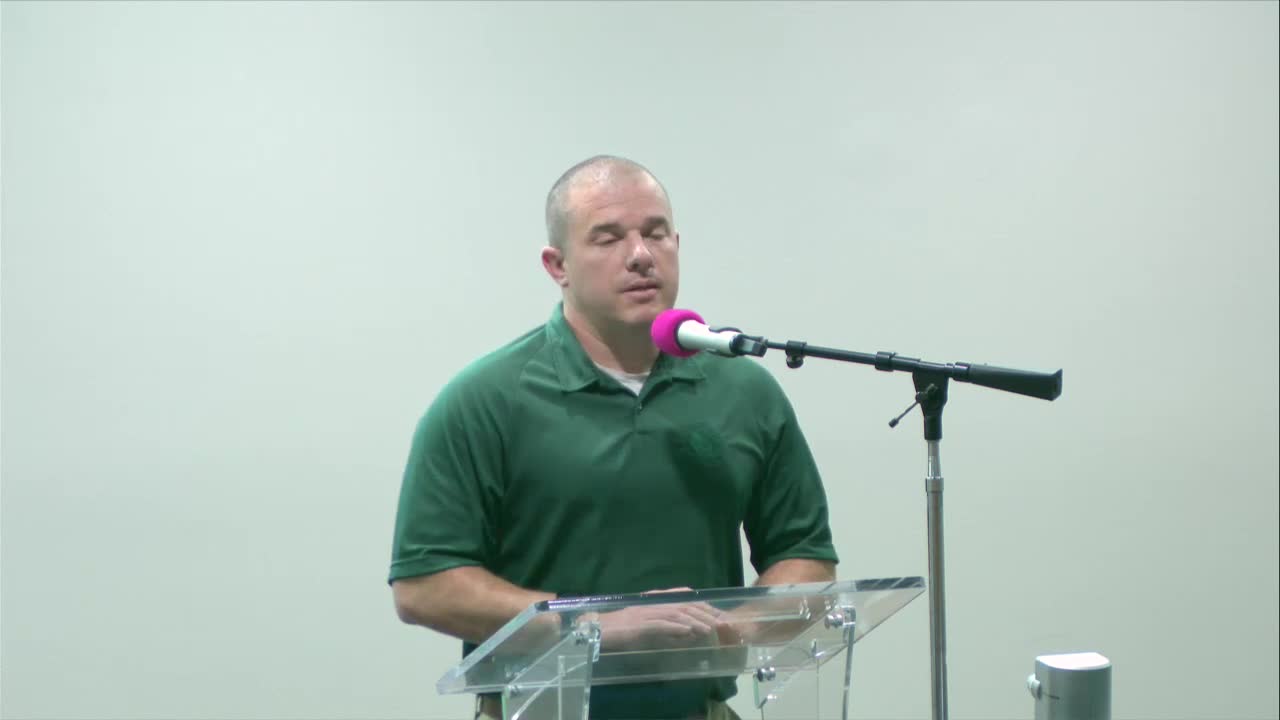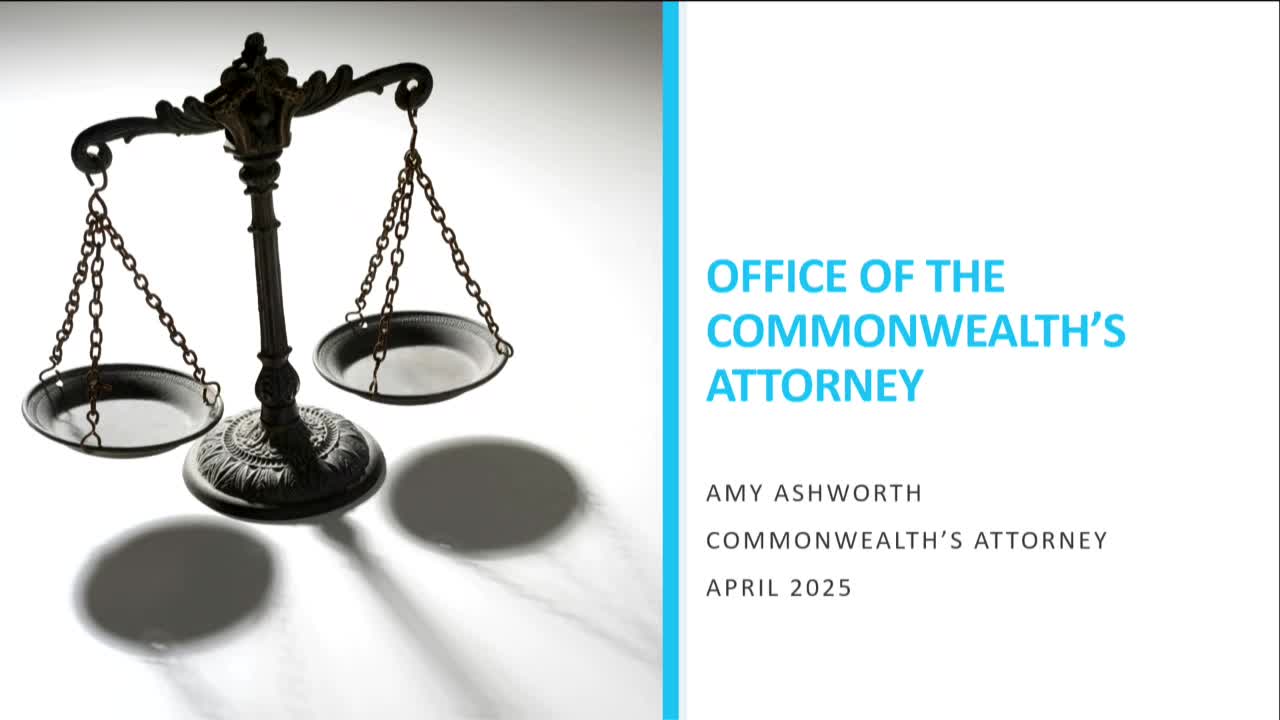Article not found
This article is no longer available. But don't worry—we've gathered other articles that discuss the same topic.

Prince William supervisors raise data-center levy, cut vehicle and meals taxes in budget markup

Board certifies closed session, announces Levi Bass as director of Office of Youth Services

Prince William firefighter urges county-funded cancer screening after multiple recent diagnoses

